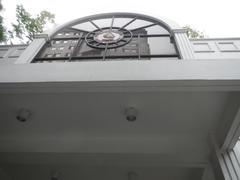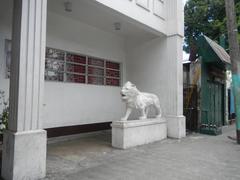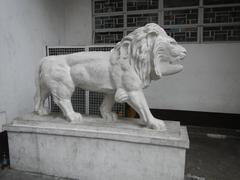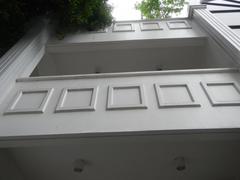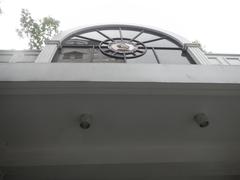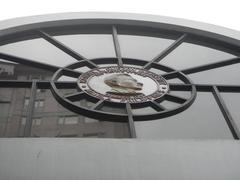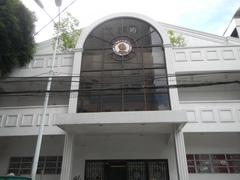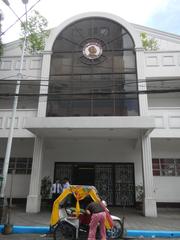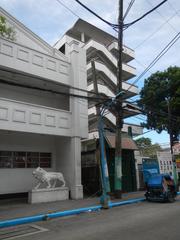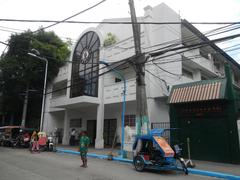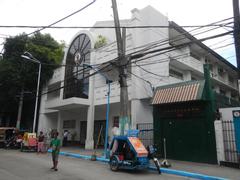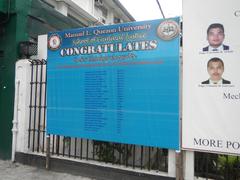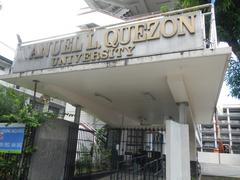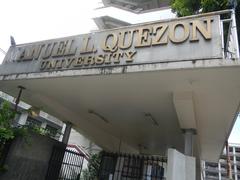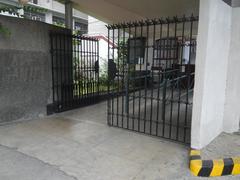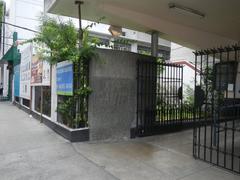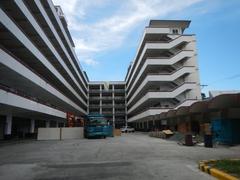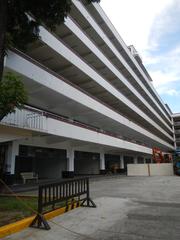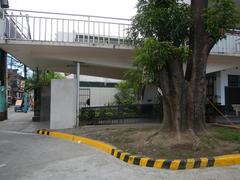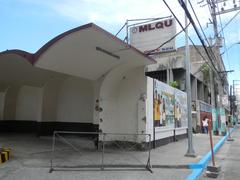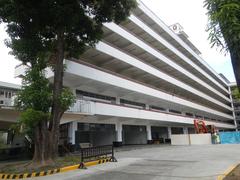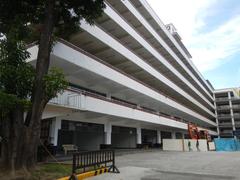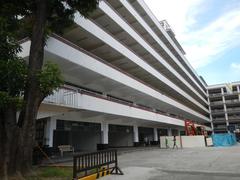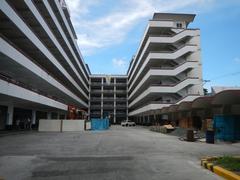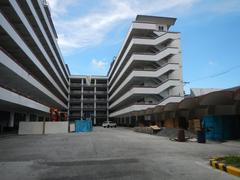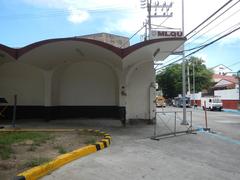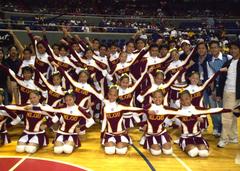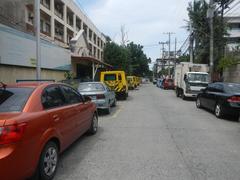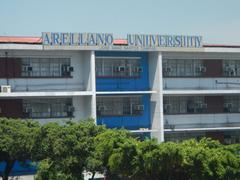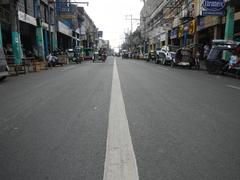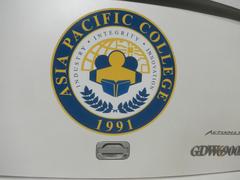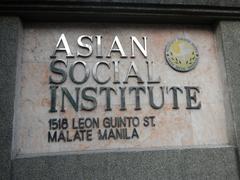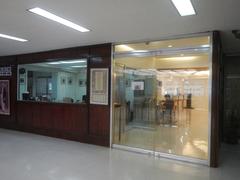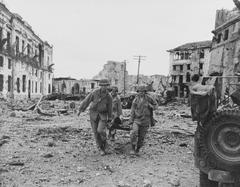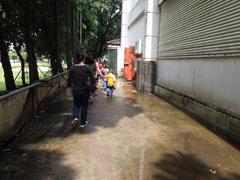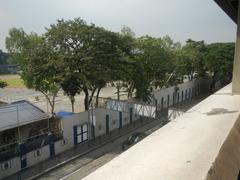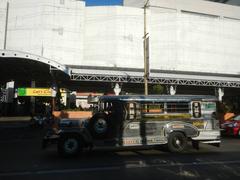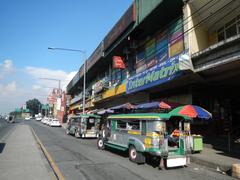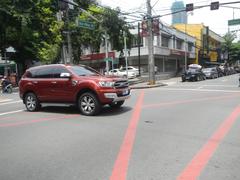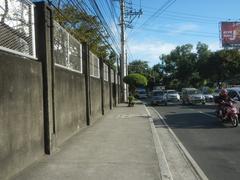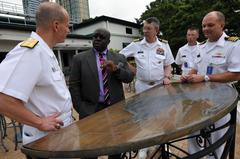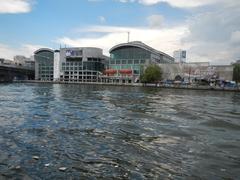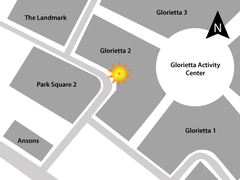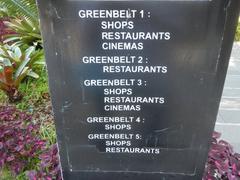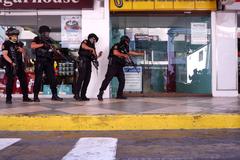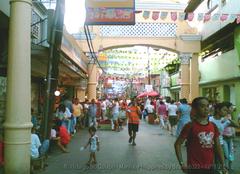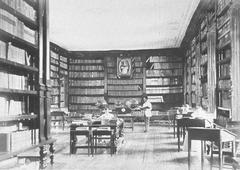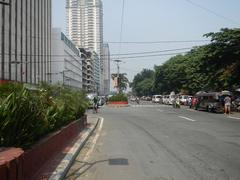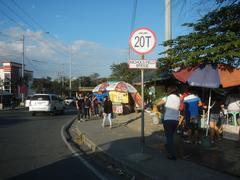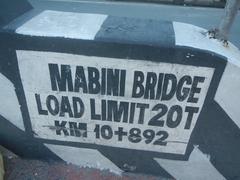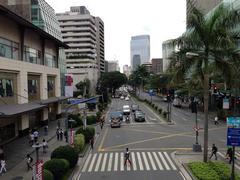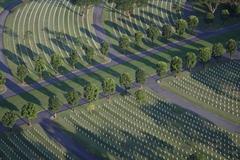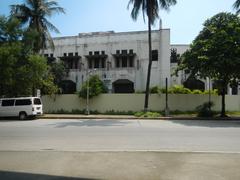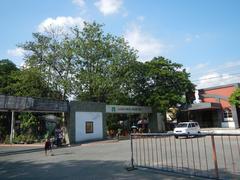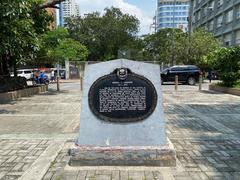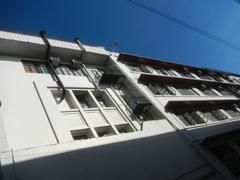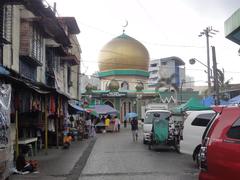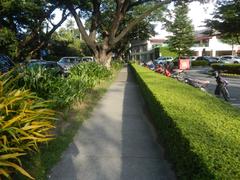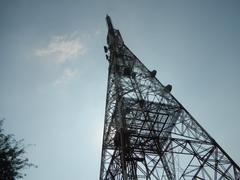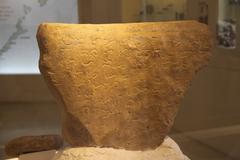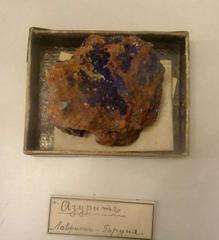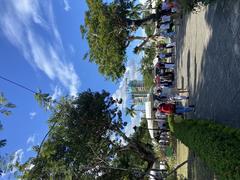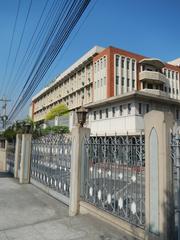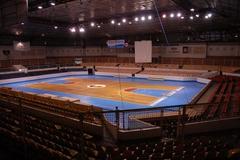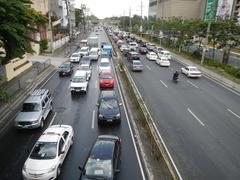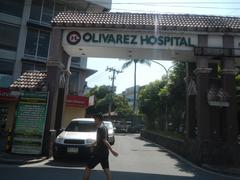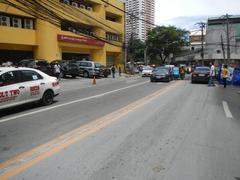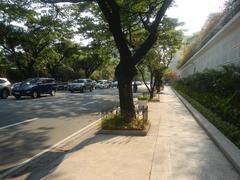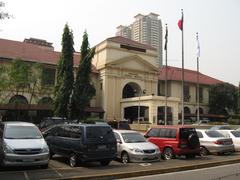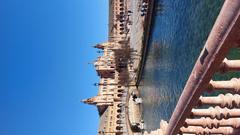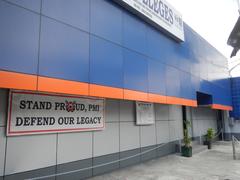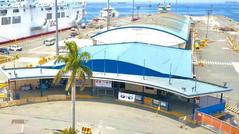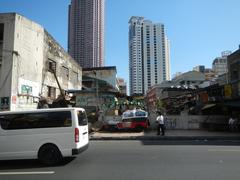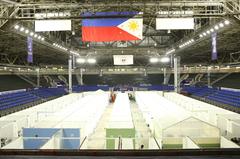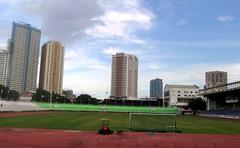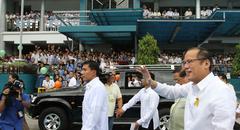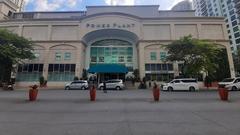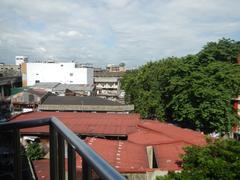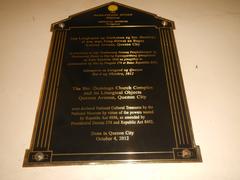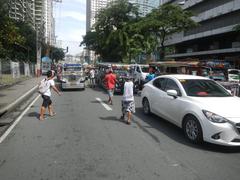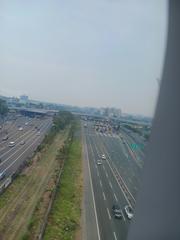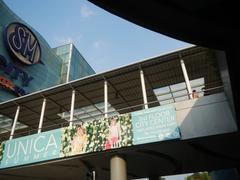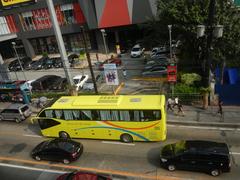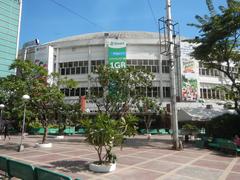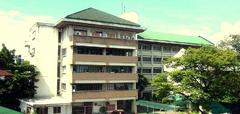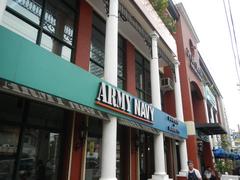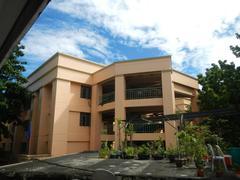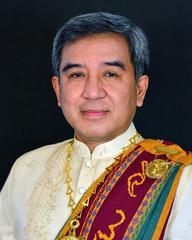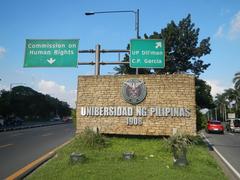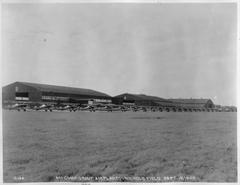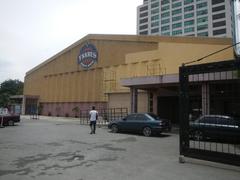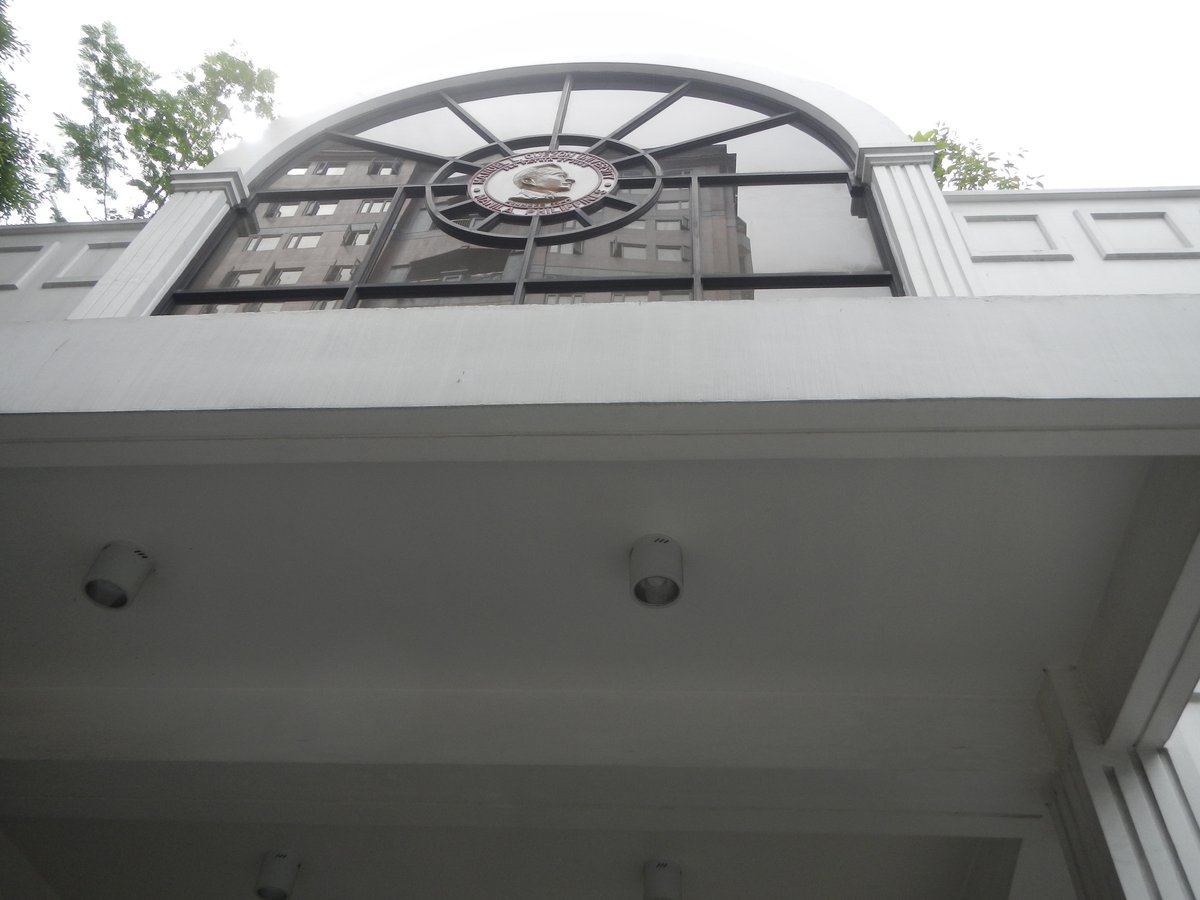
Manuel L. Quezon University: Visiting Hours, Tickets, and Historical Guide in Metro Manila
Date: 14/06/2025
Introduction
Manuel L. Quezon University (MLQU) is a distinguished private university in Quezon City, Metro Manila, renowned for its pivotal role in post-war Philippine education and nation-building. Established in 1947 and named after President Manuel L. Quezon, the institution champions accessible, high-quality education while honoring its namesake’s vision of social justice and national service. This detailed guide provides an in-depth look at MLQU’s historical evolution, admissions, campus facilities, visitor information, and its standing among Quezon City’s educational and cultural landmarks. Whether you’re a prospective student, academic, or history enthusiast, this resource ensures an enriching and seamless experience when visiting MLQU and its surrounding historic sites. (Wikiwand; StudyAbroadAide; Vigattin Tourism)
Table of Contents
- Historical Overview
- Admissions
- Campus Life and Facilities
- Visitor Information
- Unique Features of MLQU
- Notable Alumni
- Frequently Asked Questions (FAQ)
- Nearby Historical Sites in Quezon City
- Summary and Final Tips
- References
Historical Overview
Founding and Early Years (1947–1956)
MLQU was established on November 1, 1947, as the Manuel L. Quezon School of Law. Founded by a group of eighteen professors and six co-founders, including notable figures like Associate Justice Jose Benedicto “JBL” L. Reyes and Senator Lorenzo M. Tañada Sr., the school responded to the pressing need for legal education in the aftermath of World War II. Its debut law class saw an enrollment of 643 students, reflecting strong demand for accessible, high-quality training (Wikiwand; AllUniversity.info).
Expansion and University Status (1956–1967)
In 1956, the institution broadened its academic offerings and became the Manuel L. Quezon Educational Institution, adding programs in arts and sciences, engineering, commerce, and business administration. By 1967, it achieved full university status, further diversifying its curriculum to include additional undergraduate and graduate programs (AllUniversity.info).
Growth, Relocation, and Modernization
The university continued to grow, introducing new colleges such as Criminology, Architecture, Secretarial Education, and Information Technology. Until 2016, its main campus was in Quiapo, Manila, with the Justice Arsenio P. Dizon Research Center supporting academic research. In 2014, business leader Jose Acuzar acquired MLQU, initiating a modernization phase. The university’s relocation to Quezon City in 2016, with its main campus now at Victoria Sports Tower along EDSA, marked a new era of expansion and innovation (Wikipedia).
Admissions
Application Process and Requirements
Prospective students may apply online or in person. Requirements typically include:
- High school diploma or its equivalent
- Passing the MLQU entrance exam
- Submission of a completed application form and academic records
- Interview (for some programs)
MLQU offers a broad range of courses, including law, architecture, engineering, criminology, accountancy, management, and information technology (StudyAbroadAide). For detailed schedules and requirements, visit the university’s official admissions page.
Campus Life and Facilities
Modern Facilities and Accessibility
The main campus at Victoria Sports Tower in Quezon City features modern lecture halls, computer labs, a well-equipped library, and research centers. The campus is accessible via key transport routes and is designed to accommodate persons with disabilities, with ramps and elevators available (Edarabia).
Student Organizations and Activities
MLQU fosters a vibrant student life, with numerous organizations and academic societies. These groups promote leadership, civic engagement, and professional development.
Amenities
Campus amenities include cafeterias, Wi-Fi zones, study lounges, a campus shop with MLQU merchandise, and nearby ATMs and convenience stores. The area is surrounded by restaurants and retail outlets, enhancing the visitor experience.
Visitor Information
Visiting Hours
- Monday to Friday: 8:00 AM – 6:00 PM
- Saturday: 8:00 AM – 12:00 NN
- Sunday and Holidays: Closed
Visitors are advised to schedule appointments for guided tours or special events in advance.
Entry and Tickets
General entry to the campus is free. Certain events, lectures, or guided tours may require prior registration or tickets—check the university website or contact the visitor’s desk for current details.
Navigating the Campus
Signage in both English and Filipino assists navigation. Security personnel and a visitor’s desk are available for assistance and campus maps.
Accessibility and Visitor Tips
- The campus is wheelchair-friendly.
- Photography is permitted in outdoor/public areas; permission is required for classrooms or events.
- Modest attire is recommended, especially inside academic buildings.
- Keep personal belongings secure and follow campus security protocols.
Unique Features of MLQU
- Legacy of Public Service: Named after President Manuel L. Quezon, MLQU upholds a mission of public service and nation-building.
- Strong Law Program: Its law school is renowned for producing leaders in government and the judiciary.
- Modernization: The move to Quezon City has brought state-of-the-art facilities and expanded academic offerings.
- Community Engagement: MLQU conducts outreach programs and legal clinics for underprivileged communities.
- Continuing Education: The School for Professional Advancement and Continuing Education (SPACE) supports lifelong learning (Cybo MLQU).
Notable Alumni
- Blas Ople: Former Senate President and Secretary of Foreign Affairs
- Lorenzo Tañada Sr.: Nationalist and senator
- Jose Benedicto “JBL” Reyes: Supreme Court Associate Justice
- Isagani A. Cruz: Retired Supreme Court Justice
- Numerous other distinguished judges, engineers, business executives, and public servants (EduRank; Alumnius.net).
Frequently Asked Questions (FAQ)
Q1: What are the campus visiting hours at MLQU?
A: Monday to Friday, 8:00 AM – 6:00 PM; Saturday, 8:00 AM – 12:00 NN; closed on Sundays and holidays.
Q2: Is there an admission fee or ticket required?
A: General entry is free; some special events or guided tours may require tickets or registration.
Q3: How do I get to MLQU?
A: The campus is easily accessible via MRT-3 (GMA-Kamuning Station), buses, jeepneys along EDSA, and is within walking distance from Cubao Farmers train station (Moovit).
Q4: Are guided tours available?
A: Yes, guided tours—especially for the School of Law and School of Architecture—can be arranged upon request.
Q5: Is the campus accessible for people with disabilities?
A: Yes, with ramps and elevators. Contact the university for specific assistance.
Q6: Can I take photos on campus?
A: Yes, in public areas. Permission is required for classrooms or during events.
Nearby Historical Sites in Quezon City
MLQU’s central location allows visitors to explore significant historical and cultural landmarks:
- Quezon Memorial Circle: Urban park with the Quezon Memorial Shrine, museums, and gardens (Continents Condiments).
- University of the Philippines Diliman: Known for its scenic campus and the Oblation statue (The Tourist Checklist).
- Bantayog ng mga Bayani: Memorial honoring Philippine democracy heroes.
- EDSA People Power Monument: Site of the peaceful revolution restoring democracy.
- Quiapo Church: Historic site in nearby Manila, famous for the Black Nazarene (Vigattin Tourism).
Summary and Final Tips
Manuel L. Quezon University remains a cornerstone of Philippine education, blending a rich historical legacy with a drive for modernization and inclusivity. Its accessible campus, diverse academic offerings, commitment to public service, and location near Quezon City’s most notable landmarks make it an ideal destination for students, academics, and cultural explorers alike. For the best experience, visit during weekdays, consider joining guided tours, and explore nearby historical sites to enrich your understanding of Philippine heritage. Always check the official university website for the latest updates on visiting hours, events, and admissions.
References
- Manuel L. Quezon University – Wikiwand
- Manuel L. Quezon University Admissions and Programs – StudyAbroadAide
- Historical Tourist Attractions in Quezon City – Vigattin Tourism
- Manuel L. Quezon University Overview – Edarabia
- Historical Sites in Quezon City – Continents Condiments
- Moovit Public Transit to MLQU
- MLQU Alumni – EduRank
- MLQU Profile – Alumnius.net
- CourseFinder: MLQU
- Phillife: Leaders Who Changed the Nation – Manuel Quezon
